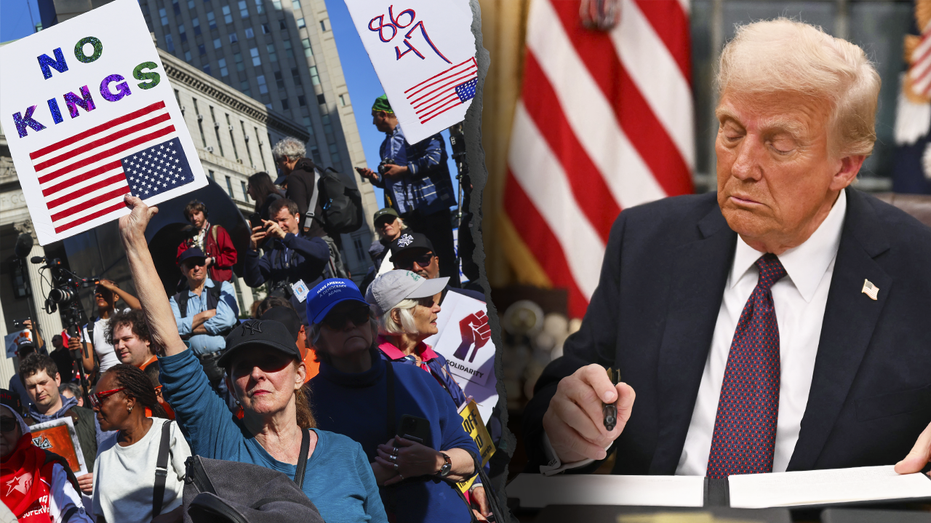Supreme Court Tackles Trump’s Birthright Citizenship Plan and Judicial Power Grab

Sarah Johnson
May 15, 2025
Brief
Supreme Court debates Trump’s birthright citizenship order and lower courts’ power to issue nationwide injunctions, with major implications for judicial and executive authority.
WASHINGTON — The Supreme Court dove into a heated debate Thursday over President Donald Trump’s bid to overhaul birthright citizenship, a move that’s stirred fierce legal and societal ripples. At stake is not just the policy itself but the broader question of whether lower courts can slap nationwide injunctions to halt executive actions, a practice that’s become a lightning rod in Trump’s second term.
The case centers on Trump’s executive order, which seeks to reinterpret the 14th Amendment to deny automatic U.S. citizenship to children born in the U.S. if their mother is unlawfully present or temporarily in the country, and their father is neither a citizen nor a lawful permanent resident. Three lower courts have blocked this order with universal injunctions, prompting the administration to cry foul over judicial overreach.
U.S. Solicitor General John Sauer argued that these injunctions overstep the Constitution’s Article III boundaries, calling them a chaotic overreach that forces the government to fight on multiple fronts. He warned of judges making “rushed, high-stakes, low-information decisions” that disrupt the executive branch’s authority. But the liberal justices weren’t buying it. Justice Elena Kagan pointedly noted that Trump’s order has lost in every federal court challenge, even before judges he appointed. “This is not a hypothetical; this is happening out there,” she said, half-joking that she’d never have dared bring such a losing case to the high court in her days as solicitor general.
Justice Ketanji Brown Jackson took it further, warning that Sauer’s argument risks turning the justice system into a “catch me if you can” game, where citizens must scramble with lawsuits to stop government overreach. Meanwhile, conservative justices like Clarence Thomas leaned into skepticism about universal injunctions, noting their relatively recent rise since the 1960s. Yet, surprisingly, Justice Samuel Alito questioned whether banning them would even solve the government’s woes, suggesting plaintiffs could still find workarounds like emergency class certifications.
New Jersey’s Solicitor General Jeremy Feigenbaum, defending the states, conceded that alternatives to nationwide injunctions exist but argued they’re often too slow to address urgent harms, like those posed by Trump’s order. The court’s liberal wing, including Justice Sonia Sotomayor, pressed for clarity on when such injunctions are appropriate, hinting at the need for a balanced approach.
This clash isn’t just about citizenship—it’s a showdown over judicial power and executive reach. With over 310 federal lawsuits challenging Trump’s actions since January 20, 2025, the court’s ruling could reshape how the judiciary checks the White House. A decision is expected soon, possibly within days, given the case’s fast-tracked status.
Topics
Editor's Comments
Trump’s team is swinging for the fences, but they’re striking out in every court. It’s like watching a legal piñata party where the candy’s all injunctions! Sauer’s argument about judicial overreach feels like a toddler complaining the referee’s too strict—maybe the game’s just not going his way. Hidden in the corner: this case could quietly handcuff future presidents, regardless of party, if the court clips lower courts’ wings.
Like this article? Share it with your friends!
If you find this article interesting, feel free to share it with your friends!
Thank you for your support! Sharing is the greatest encouragement for us.



